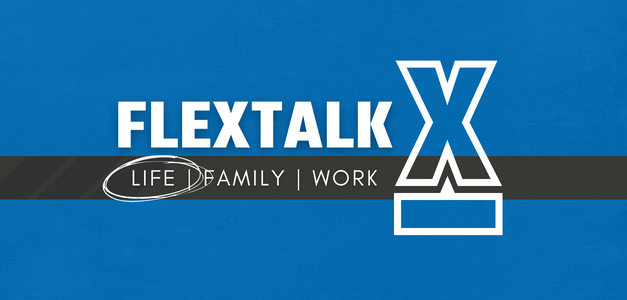Digital forensics has become a critical field in today’s technology-driven world. It focuses on investigating and analyzing digital evidence from electronic devices to uncover cybercrimes and security breaches.
With the rise in cyber threats and the increased reliance on technology, career opportunities in digital forensics are growing rapidly. Below, we’re exploring some of the most dynamic careers in the digital forensics field and how these roles contribute to safeguarding data and combating cybercrime.
Digital Forensics Investigator
Digital forensics investigators play a central role in uncovering evidence in the aftermath of cybercrimes or electronic fraud. These professionals recover, analyze, and preserve data from computers, networks, and mobile devices. Their responsibilities also include working alongside law enforcement or private institutions to uncover digital evidence that is admissible in court.
To excel in this role, strong analytical skills, keen attention to detail, and proficiency in tools, such as EnCase or FTK are essential. If you enjoy problem-solving and sleuthing for clues in the digital realm, this path may be your calling.
Cybersecurity Analyst
While not exclusively a digital forensics role, cybersecurity analysts often overlap with the field. They are tasked with protecting an organization’s digital assets by identifying vulnerabilities, implementing security measures, and responding to cyberattacks. They often collaborate with digital forensic teams when breaches occur, working to assess damage, recover compromised data, and ensure such incidents do not happen again.
The ability to remain calm under pressure, paired with expertise in network security and risk management, makes a cybersecurity analyst highly effective. This role is perfect for individuals who aim to prevent cybercrimes while contributing to incident response efforts.
E-Discovery Specialist
E-discovery specialists bring a legal focus to the digital forensics realm. These professionals manage the identification, collection, and production of electronic data as part of legal investigations and litigation cases. They frequently work with attorneys to ensure that digital evidence complies with regulatory requirements and legal standards.
A strong understanding of litigation processes, paired with technical expertise in digital evidence recovery, is crucial for success. For those drawn to the intersection of technology and law, this career offers a rewarding combination of analytical and legal problem-solving.
Mobile Forensics Expert
The increasing reliance on smartphones and tablets has carved out a unique niche for mobile forensics experts. These professionals specialize in recovering and analyzing data from mobile devices, which often serve as critical sources of evidence in digital investigations.
Mobile forensics experts face unique challenges, from overcoming security hurdles like encryption to navigating complex operating systems. Strong expertise in mobile device security on digital forensics and knowledge of tools like Cellebrite are vital in handling the intricacies of this role. If you’re tech-savvy and intrigued by the dynamic world of mobile technology, this career path is worth pursuing.
Digital forensics offers a wide array of specialized careers that cater to diverse skill sets and interests. Whether you’re motivated by investigative work, intrigued by technological challenges, or drawn to the intersection of law and technology, there’s a niche for you within this growing field.
- What specific skills or qualifications do you think are most important for success in a digital forensics career?
- How would you approach staying updated with the rapid advancements in technology and cybersecurity trends?
- Are you more interested in working for a private organization, law enforcement, or as an independent consultant in digital forensics?
- What aspect of uncovering digital evidence excites you the most, and why?
- How do you envision your role in contributing to the fight against cybercrime and ensuring justice through digital forensics?


